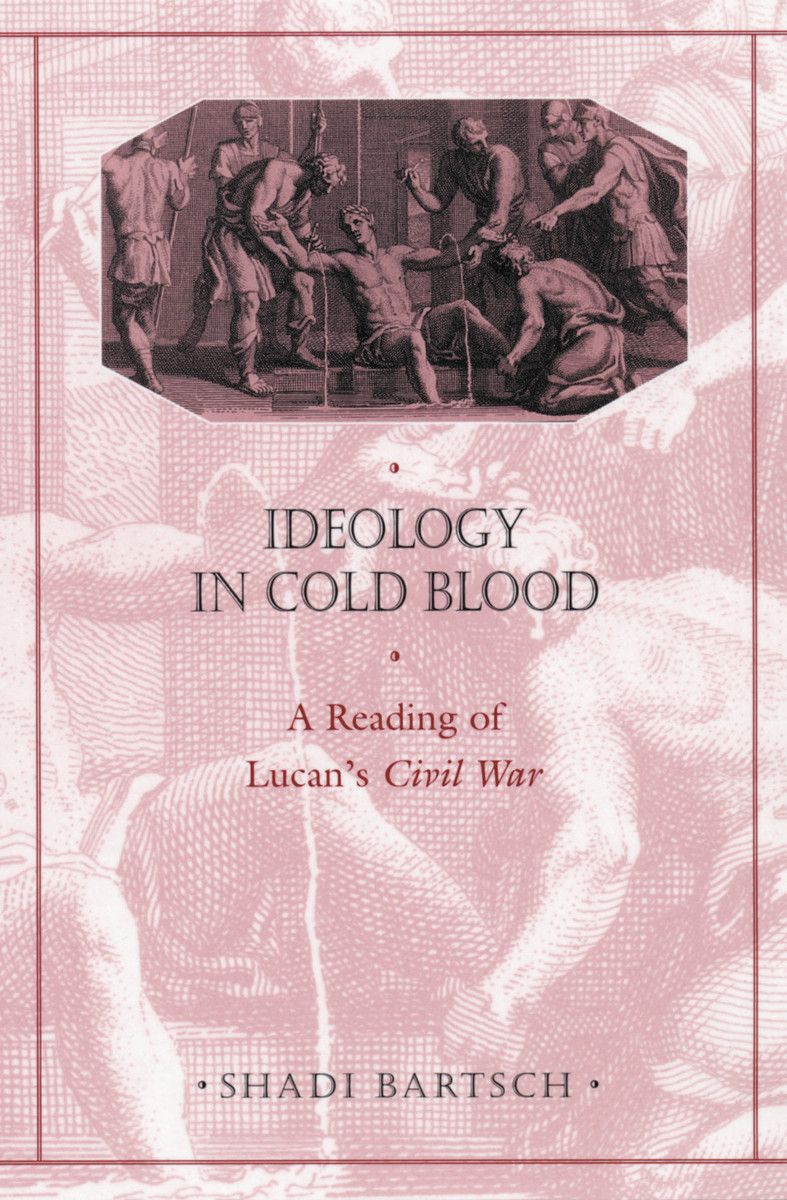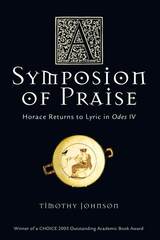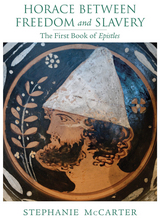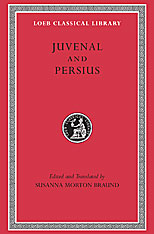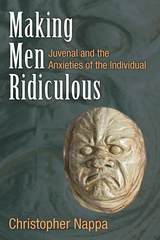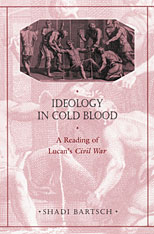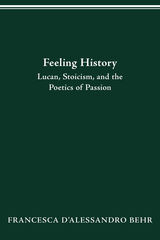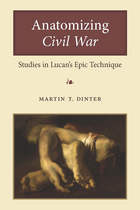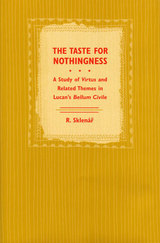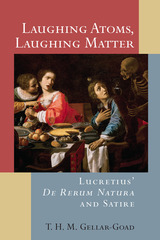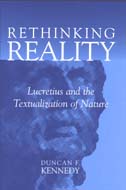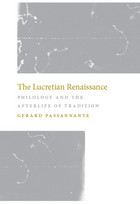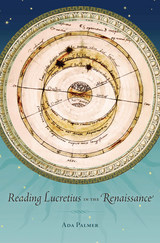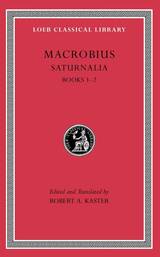The problem of Lucan’s stance is notorious, and it is the focus of Bartsch’s book… She makes her own gripping contribution to the dossier of Lucanian despair in her first two chapters; but she believes that ultimately such interpretations sell the poet short, as an artist and a person. Her Lucan, both inside and outside his poem, is a Sartrean existentialist or a Rortyan moral ironist, who accepts the evanescence of traditional moral and political verities but who behaves as if his ideology matters anyhow and makes his choice regardless. Hence the ‘ideology in cold blood’ of her title: Lucan knows, and spellbindingly demonstrates, that Liberty is a cipher, but he commits himself to it none the less. Bartsch has put her finger on a key issue, and her passionate book is a useful check to the establishment of a new orthodoxy on Lucan.
-- Denis Feeney Times Literary Supplement
This could be that elusive creature, an Important Book.
-- Gideon Nisbet Bryn Mawr Classical Review
This is a stimulating work, which I find has provoked many questions about Lucan’s poem, about liberal irony, and about history… The strengths of this book lie in its brevity, in its integration of detailed analyses with broader theoretical issues, and in its accessibility. It addresses a question which is of relevance to not only Lucanians, or Latinists, or classicists, but anyone who thinks about the politics of literature.
-- Ellen O’Gorman Classical World
This well-argued, highly readable, and impressively documented book takes on a mammoth task, namely to sum up, categorize by dichotomy, and reconcile the two main schools of thought on Lucan’s masterpiece. Her predecessors [Bartsch] divides into two camps, loosely speaking traditionalists, who see the poem as a sincere attack on current political reality from a Republican standpoint, and deconstructionists, for whom the very language of the poem with its reliance on paradox and self-mocking inversion embodies in the text the poet’s total nihilism.
-- Michael Dewar Phoenix
Ideology in Cold Blood provides a strikingly dissident approach to Lucan in that it aims to weld together a text-oriented focus, a political reading of the Civil War and a discussion of Lucan’s political activities, i.e. his involvement in the Pisonian conspiracy. Bartsch’s decision to include a biographical approach in her analysis should not be taken for bland naiveté coming at a time when influential scholars on Lucan have come to reject this approach for the blatant fallacies that it entails. Bartsch offers something completely novel in this area, for it is entirely obvious that her sympathies do not lie with forms of historical reconstructionism in which the biographical data are simply made to correlate with the presumed political message of the poem… [Bartsch’s book] will surely be ranked among the best works on the poet and I strongly recommend it to scholars interested in the literature of the Principate and in the role of Roman political epic.
-- Marc Kleijwegt Scholia
Bartsch goes far beyond the boundaries of Lucan’s Civil War itself. Readers interested in Latin literature in general, in the civil wars that ended the Republic, in the political context of the first centuries B.C.E. and C.E., in questions of human response to political repression long after Lucan, and those interested in Lucan himself as poet and conspirator, will want to read Ideology in Cold Blood. Bartsch has taken two prevailing camps of criticism—Lucan as ‘nihilist’ and Lucan as ‘partisan’—and proposed an elegantly argued third alternative: Lucan as ‘political ironist.’
-- Choice
